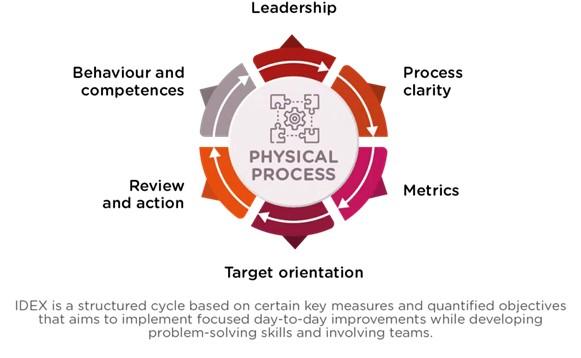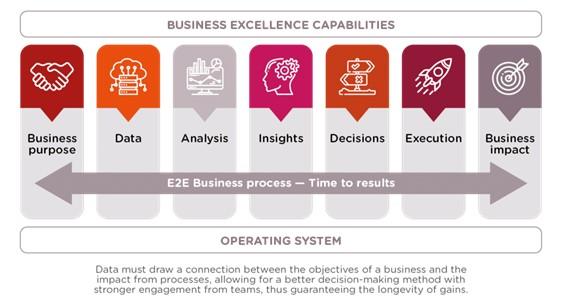How a data driven approach will achieve operational excellence
From March issue, NZ Manufacturer www.nzmanufacturer.co.nz
 -Scott Adams, Managing Principal, Argon & Co
-Scott Adams, Managing Principal, Argon & Co
Many Kiwis have good instincts, or just good common sense, for our decision making. We might not be experts in all fields but we’re good enough to get by, and with a bit of focus we can adapt. We are, for example, certainly quite expert at managing rugby games from our couch: what combinations work, how to play against the opposition, and how much the interference of the TMO is destroying the game.
But it would also be generally true that we are not so good with facts and data, where we often have high levels of distrust combined with a generally low level of competency in creating and utilising data.
Whenever my consulting firm, Argon & Co, is asked to help a company to improve operational performance we always ask for data: how many projects and what scale, how many different services and products, how much waste, and how much margin.
Then we ask for more data, and we will keep asking for more data until we have a clear idea of how much work is ahead of us because it usually does not take long before the well of data dries up and this is especially so with operational performance data.
This lack of collecting and utilising data is one of the direct causes of our very low position on the OECD productivity (GDP per hour worked) list.
If I am asked by a manufacturing company what is the best digital solution for them, my response is that the first step is to use digital, or automated, methods to collect and manage operational performance data to pick up process throughput, waste, and speed to deliver.
Though the world of digital is more exciting if it involves automation using Robots or applying artificial intelligence or building digital twin models, anything at this higher level is based on having a good data foundation.
Clearly, a robot is an expensive mistake if it does not improve productivity so we have to have the data to make decisions whether the cost will be outweighed by the benefits.
And, unfortunately, it is not as simple as just hiring a data analyst to perform some magical insight, which only provides temporary benefit. A more certain outcome would be to apply the following approach that Argon & Co have successfully utilised thousands of times across hundreds of companies: IDEX which stands for Integrated Daily Execution, which is based on utilising data holistically.
The physical process at the centre of IDEX for a manufacturing company is the full end-to-end process from sales through to a customer signing receiving the product. Each stage creates data which can be utilised to better inform other stages.

What IDEX illustrates is that data alone is not sufficient for operational excellence. For data driven management to be effective it requires at a minimum, the following four capabilities:
- Position data at the heart of your daily decision-making with a focus on the small number of key indicators that create a direct link between real-time variation and a business objective.
- Training and empowerment of your operational performance focused teams to be able to make change based on their knowledge of processes and people.
- Mentoring of operational managers in this new decision-making methodology which will take practice, and preparedness for mistakes to enable learning.
- Making sure that the organisation continues to learn. A continuous improvement approach has not changed much over the years, but calculation power has grown, and increasingly data analysis has become more robust and accurate with predictions.

Enabling a business to make data driven decisions requires effort and change across all levels of the business but the results are immediate and enduring. If you would like to know more about applying a data driven approach, please contact us at Argon & Co.



